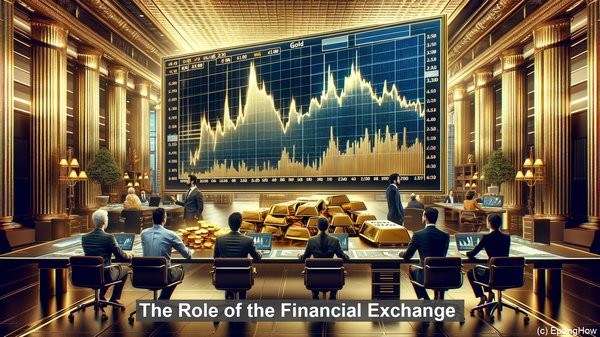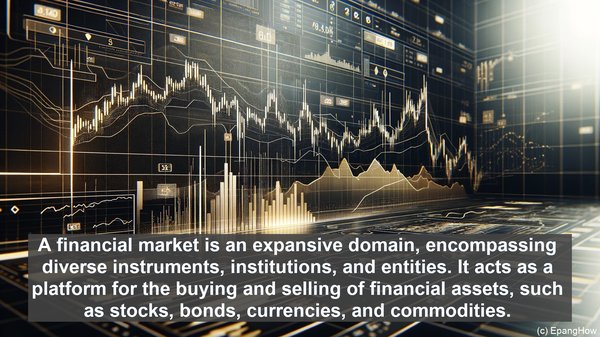Introduction: The Pillars of Finance
Welcome to our exploration of the financial landscape. At its core, finance is a dynamic realm, comprising various components. Two such integral elements are financial markets and financial exchanges. While they may seem synonymous, they possess distinct characteristics and serve unique purposes. Today, we’ll unravel their disparities and understand their significance.
Defining the Financial Market
A financial market is an expansive domain, encompassing diverse instruments, institutions, and entities. It acts as a platform for the buying and selling of financial assets, such as stocks, bonds, currencies, and commodities. In essence, it facilitates the flow of capital between individuals, corporations, and governments. Financial markets can be physical locations, like the New York Stock Exchange, or virtual spaces, such as electronic trading platforms.
The Role of the Financial Exchange
Within the broader financial market, we encounter financial exchanges. These are specialized platforms that provide a structured environment for trading specific financial instruments. For instance, the Chicago Mercantile Exchange focuses on commodities, while the NASDAQ primarily deals with stocks. Exchanges ensure transparency, efficiency, and fair pricing by establishing standardized rules and regulations for all participants.
Participants: Market vs. Exchange
When it comes to participants, financial markets are inclusive, accommodating a wide array of entities. These can range from individual retail investors to large institutional players, such as pension funds and hedge funds. On the other hand, financial exchanges have a more restricted set of participants. Typically, only registered members, known as brokers or dealers, can directly engage in trading on an exchange. This controlled access ensures compliance with regulatory requirements and enhances market integrity.
Market Dynamics: OTC vs. Exchange-Traded
Another crucial distinction lies in the nature of transactions. In a financial market, trades can occur through two primary channels: over-the-counter (OTC) and exchange-traded. OTC transactions are decentralized, taking place directly between two parties. They offer flexibility but may lack transparency. In contrast, exchange-traded transactions happen through the exchange’s centralized platform, with every trade being visible to all participants. This transparency fosters trust and facilitates price discovery.

Impact on the Global Economy
Both financial markets and exchanges play a pivotal role in the global economy. They enable efficient allocation of capital, channeling funds to productive sectors. By providing liquidity, they ensure that assets can be bought or sold without significant price fluctuations. Moreover, financial markets and exchanges serve as barometers, reflecting the overall economic sentiment. Movements in stock indices or bond yields often indicate broader market trends and investor confidence.

